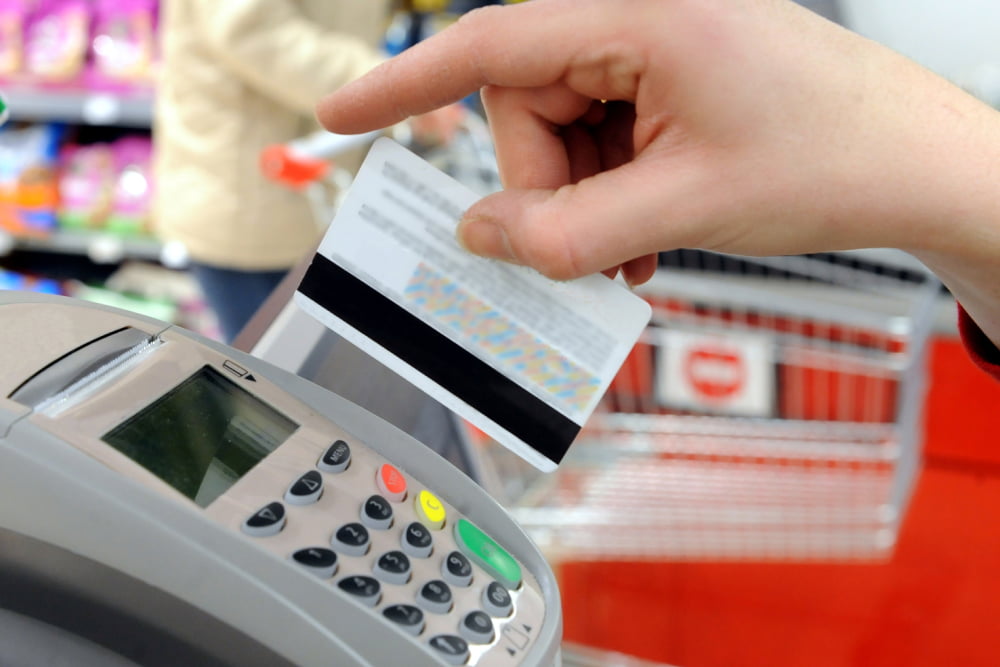
6 mistakes to avoid when using debit cards
With cashless payments being widely accepted, debit cards have become highly popular globally. These cards are convenient, can be used at almost all retail outlets, and help one withdraw money instantly whenever needed. Also, many debit cards do not charge annual fees and offer cashback for spending money on certain products and at specific stores. But, to maximize the benefits, here are some common mistakes to avoid when using debit cards.
Overlooking hidden debit card fees
Some debit card companies charge hidden fees for overdrawing one’s account, entering the PIN to make a transaction, and other scenarios. If cardholders are not aware of such additional charges, they may never understand where their money is being spent. So, one should carefully read debit card terms and scan the document for details on such additional fees.
Using multiple debit cards
Different banks may offer various deals on their debit cards. So, it is common for individuals to use multiple cards to avail of all such offers. But with such deals comes additional fees charged by each bank on their debit cards. These overhead charges can increase one’s spending in the long run. So, it is best not to have more than three debit cards.
Not recording transactions regularly
Often, people rely on the “available balance” they see on the banking portal or app when they log in. But it sometimes takes a few days for the available balance to get updated. Consequently, it is possible that this amount is not up to date. If one does not record their transactions separately, they run a risk of bouncing transactions. Noting down one’s expenses and tracking the available balance can help avoid this situation.
Using a debit card for large purchases
Sometimes, one may need to spend more than the available balance, which can cause the transaction to bounce if one uses a debit card. In such cases, a credit card is the better option because it allows the user to buy the product for the time being and pay the amount flexibly within a certain period. So, using a credit card to make big purchases is better than a debit card, as one can repay the amount later when there is enough balance.
Writing the card PIN at an accessible place
A debit card’s PIN should be confidential. Diaries, notepads, wallets, and apps in one’s phone are not the right places to note it down. However, if one wants to save it on an app, it should be password-protected. These days, personal diaries with locks are available and can also be used to jot down card PINs.
Withdrawing cash frequently from an ATM
Sometimes, paying by cash is unavoidable, and ATMs may seem like the most convenient means to withdraw money. But, by frequently withdrawing from an ATM, one may have to pay ATM charges, which can accumulate with each withdrawal. A better alternative is to withdraw cash from the bank, which never levies withdrawal charges, or request cash back at a shop’s register.


